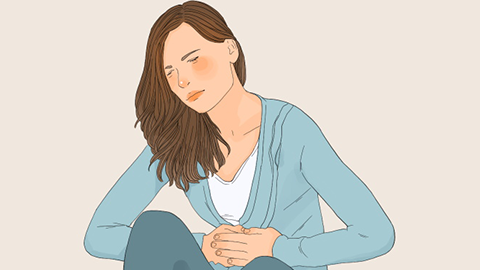Is there a relationship between appendicitis and menstruation?
Menstruation, commonly referred to as a period, is not directly related to appendicitis. The two conditions have completely different pathogenic mechanisms and affected anatomical sites. However, during the menstrual period, women may experience abdominal pain similar to that of appendicitis, which can lead to confusion. If persistent right lower abdominal pain or unusual abdominal discomfort occurs, prompt medical evaluation is recommended.

Appendicitis is associated with factors such as obstruction by fecal stones, bacterial infection, and lymphoid hyperplasia in the appendix. Its classic symptom is migratory right lower abdominal pain, often accompanied by fever and nausea. It is unrelated to fluctuations in hormone levels and can affect both males and females regardless of the menstrual cycle.
During menstruation, women may experience lower abdominal pain due to uterine contractions and pelvic congestion. In some cases, the pain may be located near the right lower abdomen, making it easily confused with appendicitis. However, menstrual pain typically occurs regularly with the menstrual cycle and lacks signs of infection such as fever or nausea. In contrast, appendicitis pain usually starts suddenly and progressively worsens, allowing for initial differentiation based on symptom patterns.
During menstruation, women should maintain warmth, avoid strenuous exercise, and eat a light diet. If unexplained lower abdominal pain occurs, it's important to monitor accompanying symptoms, document the characteristics of the pain, and provide accurate descriptions when seeking medical care.








